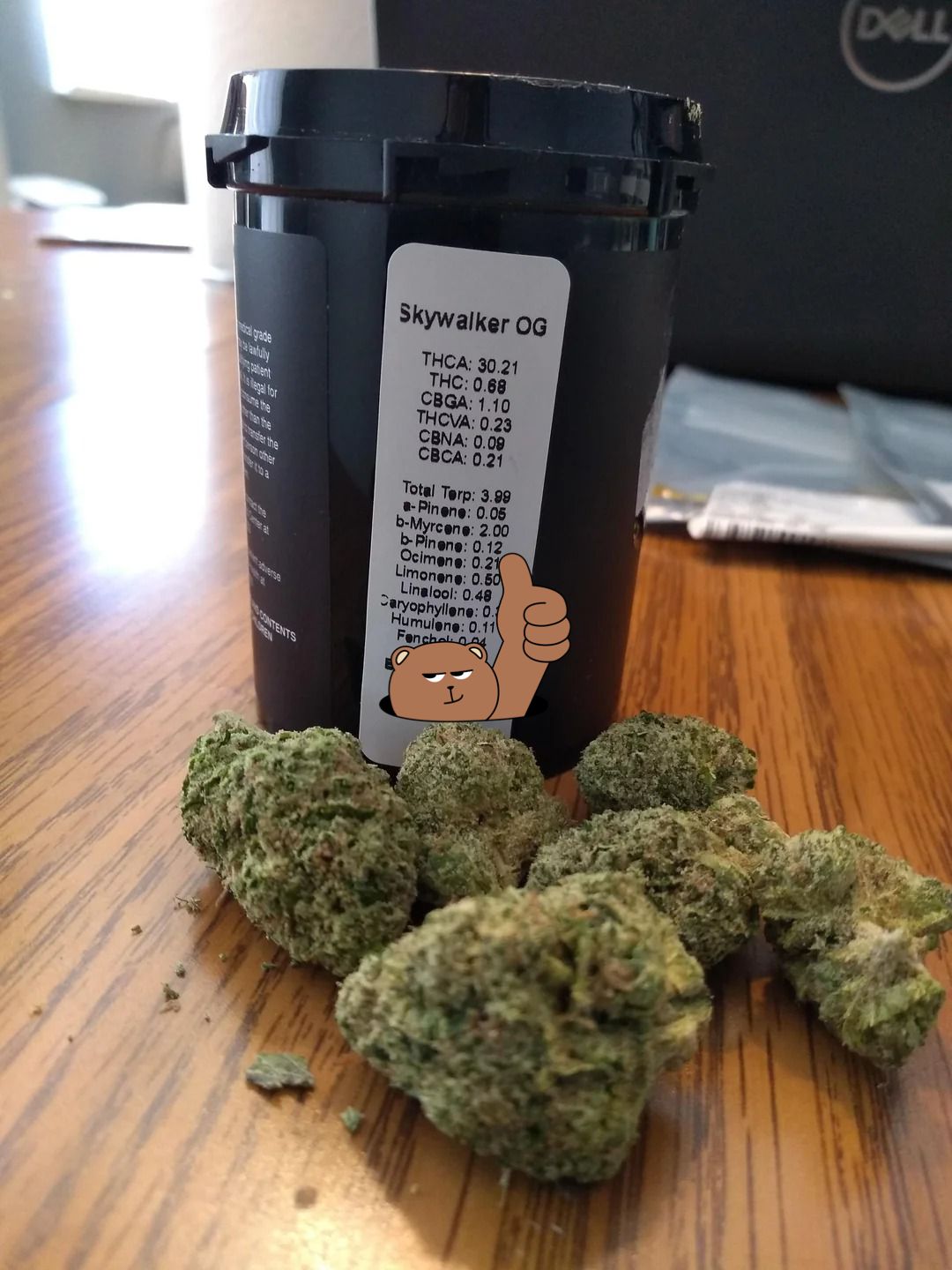The Growing Conversation About Weed in Floridablanca: Legalization, Culture, and Economic Opportunities

Floridablanca, a growing municipality located just outside of Bucaramanga in Santander, Colombia, is known for its scenic beauty, proximity to nature, and rapid urban development. As with many parts of Colombia, Floridablanca is also engaging in an evolving conversation about cannabis, spurred by changes in national legislation, shifting cultural attitudes, and potential economic opportunities. While marijuana use remains controversial in some circles, there is increasing interest in how Floridablanca can adapt to these changes, particularly as Colombia takes steps toward further cannabis legalization.
Legal Landscape: Shifts in Cannabis Regulations
Over recent years, Colombia has made significant strides in cannabis legalization, particularly for medical purposes. In 2022, the Constitutional Court decriminalized the possession of up to 20 grams of marijuana for personal use. Individuals are also allowed to grow up to 20 cannabis plants for personal use, although the sale of marijuana remains illegal on weed in Floridablanca.
Despite these progressive steps, the lack of a clear framework for legal cannabis sales remains a challenge. While personal use is decriminalized, the illegal market still thrives in places like Floridablanca, where demand for marijuana exists but no regulated outlets are available. This leaves many people relying on underground networks to purchase cannabis, which can contribute to public safety issues and limit the potential benefits of legalization on weed in Floridablanca.
However, the medical cannabis industry in Colombia has seen growth in recent years. The country is one of the leaders in the production of medical marijuana, and there is a rising global demand for cannabis-based products, such as oils, tinctures, and creams. Floridablanca, with its proximity to Bucaramanga and its agricultural landscape, has the potential to tap into this emerging market, especially if future regulations provide clearer guidance on cultivation and sales on weed in Floridablanca.
Cultural Shifts: Changing Attitudes Toward Marijuana Use
Like many cities in Colombia, Floridablanca’s cultural attitudes toward marijuana have been shaped by the country’s history with narcotrafficking and drug cartels. The legacy of the drug wars left many Colombians wary of marijuana, and attitudes in Floridablanca were no different.
However, in recent years, the cultural conversation around cannabis has started to change, particularly among younger generations. Younger people in Floridablanca are increasingly viewing cannabis as a recreational substance, similar to alcohol or tobacco. Many see marijuana as a safer and more natural alternative to other recreational drugs, and the normalization of cannabis use is beginning to take hold in urban areas.
Moreover, the medicinal benefits of cannabis are becoming more widely acknowledged. There is growing recognition of its potential to treat a variety of health conditions, including chronic pain, anxiety, and insomnia. This shift is helping to reshape the cultural narrative around cannabis in Floridablanca, and many residents now see marijuana use as a personal choice rather than a criminal act.
On the other hand, older generations in Floridablanca, particularly those with strong religious or conservative values, remain more skeptical about cannabis. For these residents, marijuana continues to carry a stigma, and they may be more cautious about embracing cannabis legalization. This divide in attitudes reflects broader generational tensions in Colombia, where younger citizens are advocating for progress, while older citizens are concerned about potential social consequences.
Economic Potential: Cannabis and Agriculture
One of the most promising aspects of cannabis legalization in Colombia is the potential for economic growth, especially in agriculture. Floridablanca, located in the Santander region, is home to fertile lands ideal for agriculture. The city’s agricultural background, combined with its proximity to Bucaramanga, makes it a prime candidate for cannabis cultivation.
As Colombia continues to expand its medical cannabis market, Floridablanca could benefit from the legal production of cannabis. The country’s favorable climate and growing cannabis industry offer farmers an opportunity to diversify their crops and enter the legal cannabis market. Small-scale and large-scale farmers could shift from traditional crops to cannabis, providing new sources of income and economic growth for the region.
Additionally, the development of cannabis production facilities could create jobs and stimulate the local economy. Research centers, processing plants, and distribution networks would open up new employment opportunities, contributing to Floridablanca’s economic development. As the cannabis industry matures, Floridablanca could establish itself as a key player in Colombia’s legal cannabis sector, attracting investment and fostering entrepreneurship.
Health and Social Considerations
While cannabis holds significant economic promise, it is important to address the potential health and social implications of its widespread use. As with any drug, cannabis carries risks, especially if consumed irresponsibly or excessively. Long-term marijuana use can lead to dependency and potential mental health issues, particularly among younger users.
To mitigate these risks, public health education will be essential in Floridablanca. Community programs that emphasize responsible cannabis consumption, alongside information about the risks of abuse, can help reduce the negative social impacts of marijuana. Additionally, clear regulations will be necessary to ensure that cannabis use remains confined to private spaces, protecting public areas from the potential disruptions caused by public consumption.
Conclusion
Floridablanca stands at a pivotal moment in the evolving conversation around cannabis in Colombia. As the country’s legal framework shifts and attitudes toward marijuana change, Floridablanca has the potential to benefit both economically and culturally from the growing cannabis industry. The decriminalization of personal use and the expanding medical cannabis market offer new opportunities for local farmers, businesses, and residents.
However, challenges remain, particularly with the continued presence of the illegal market and the need for public education on responsible cannabis use. By striking a balance between economic growth and social responsibility, Floridablanca can navigate the complexities of cannabis legalization while creating a positive future for the city and its residents.
As Colombia moves closer to full cannabis legalization, Floridablanca is well-positioned to play a key role in the country’s cannabis future, contributing to both its economic prosperity and cultural evolution.

Skywalker product exceeded my expectations in both potency and purity, I really appreciated the discretion and professionalism in the delivery process , you can reach to him on Telegram t.me/skywalkerOG_1 and also there email realskywalkerog1@gmail.com
“Man, that skywalker OG you gave me last night was fire. Smoothest smoke I’ve had in months.”

Great service, easy to work with and I’m very satisfied. I’m so happy I found skywalker here. He is super responsive, on time and the quality of weed he sells are serious on point and top notch.